Do you know how to develop Android games? You already know that the game market is booming, and Android games have played a significant role in this growth. With billions in revenue and a staggering number of downloads, mobile gaming is here to stay.
If you’re intrigued by game development and want to create your own Android game, you’ve come to the right place. In this beginner’s guide, we’ll walk you through the steps from ideation to launch!
Read as well: How to port a Unity game to Android
What exactly is an Android game?
An Android game is specifically designed for devices running the Android operating system. This encompasses a wide range of devices, including smartphones, feature phones, tablets, personal digital assistants (PDAs), and even PCs.
The spectrum of Android games stretches from basic titles to sophisticated 3D and augmented reality experiences – and, of course, users can download these games from the Google Play Store.
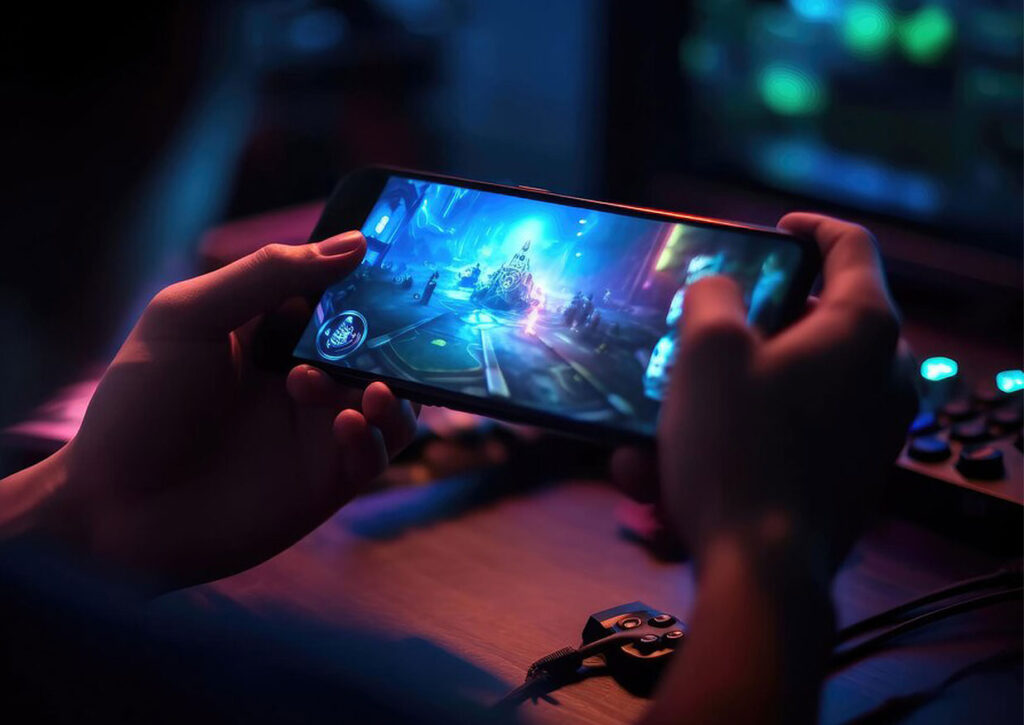
With a constant influx of talented investors and developers producing exceptional games, the mobile gaming market promises a plethora of business opportunities in the foreseeable future. It’s estimated that a significant portion, roughly 71% of Google Play’s revenue by 2025, will stem from mobile games. This underscores the vast potential within the mobile game market.
What types of Android games can you create?
The world of Android game development is your playground! With so many genres to explore when it comes to developing Android games, there’s a perfect fit for every developer to bring their vision to life. Here are some popular genres you can explore:
Casual games
Perfect for quick, on-the-go entertainment, casual games are designed to be easy to pick up and play. They often feature simple mechanics, such as tapping or swiping, and are highly addictive. Examples include puzzle games like Candy Crush, match-three games, and endless runners.
Role-playing games (RPGs)
RPGs allow players to immerse themselves in rich, detailed worlds. These games often involve character development, story-driven quests, and complex gameplay mechanics. Examples include games like Final Fantasy, Genshin Impact, and The Elder Scrolls: Blades.
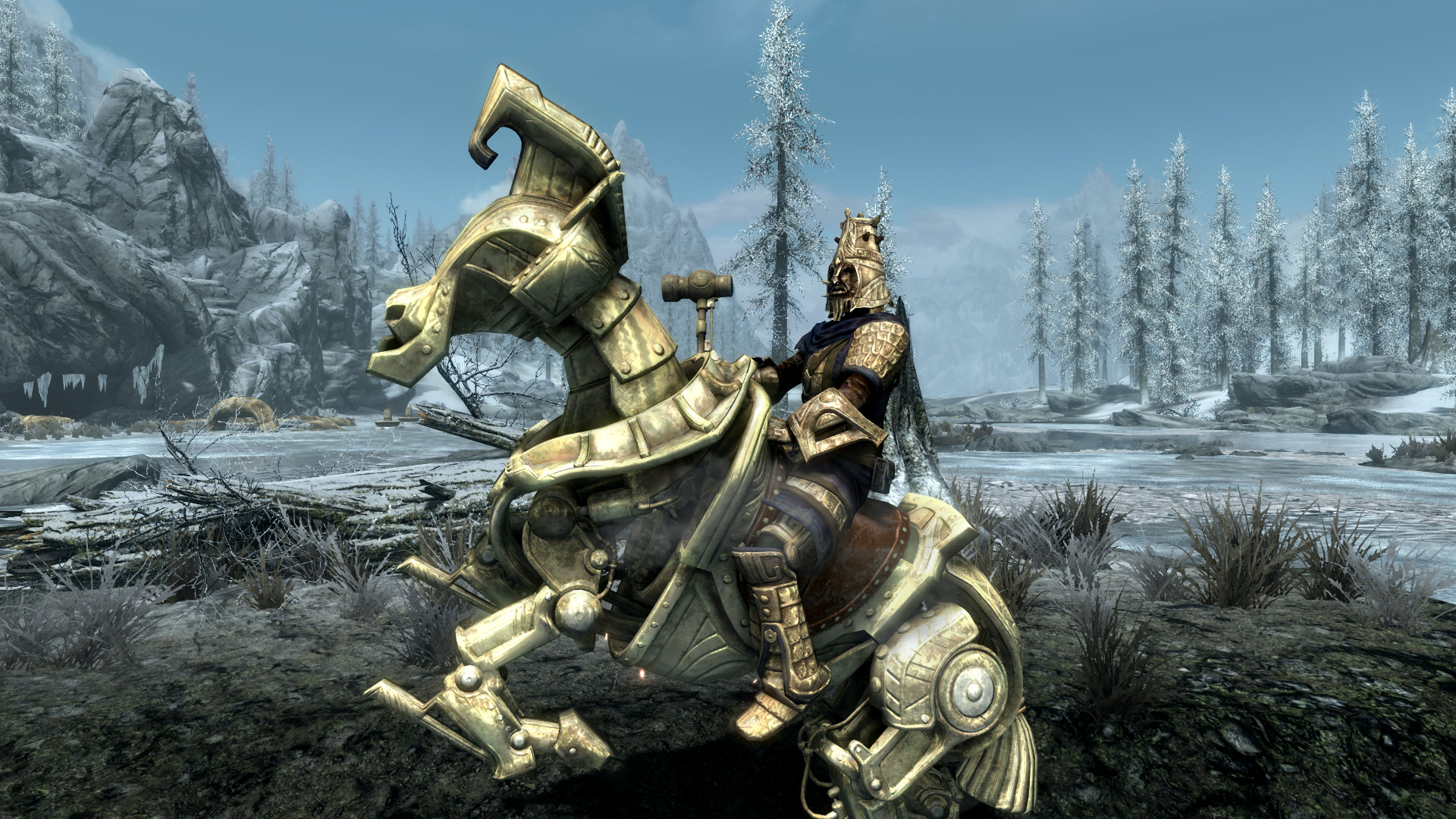
Sports games
Sports enthusiasts can bring their favorite games to life on their mobile devices. From soccer and basketball to golf and tennis, sports games offer realistic simulations and competitive multiplayer modes. Popular titles include FIFA Mobile, NBA Live Mobile, and Golf Clash.
Adventure games
These games emphasize exploration and puzzle-solving within a compelling narrative. Players often interact with characters and objects to progress through the story. Titles like Monument Valley, The Walking Dead, and Life is Strange are prime examples.
Simulation games
Simulation games aim to replicate real-world activities, from managing a farm to flying a plane. These games can be incredibly detailed and realistic.
Puzzle games
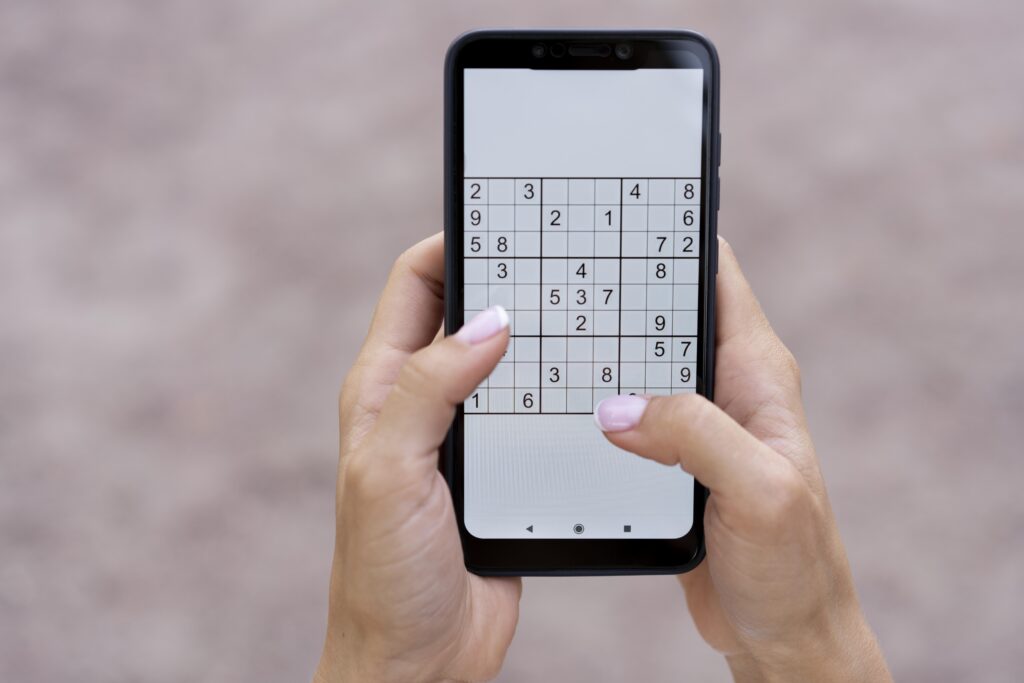
Designed to challenge the mind, puzzle games require players to solve problems or navigate complex scenarios. They can range from word puzzles to physics-based challenges. Popular puzzle games include Brain It On!, Monument Valley, and Cut the Rope.
Educational games
These games combine learning with fun, targeting both children and adults. They cover a wide range of subjects, from math and science to language learning. Examples include Duolingo, Khan Academy Kids, and Lumosity.
By choosing the right genre and incorporating engaging gameplay mechanics, compelling storylines, and stunning visuals, you can create a memorable and successful Android game that captivates players around the world.
How to develop Android games: is it easy?
The ease of creating a mobile game depends on several factors, such as the complexity of the game itself, the development tools you choose, and your development skills.
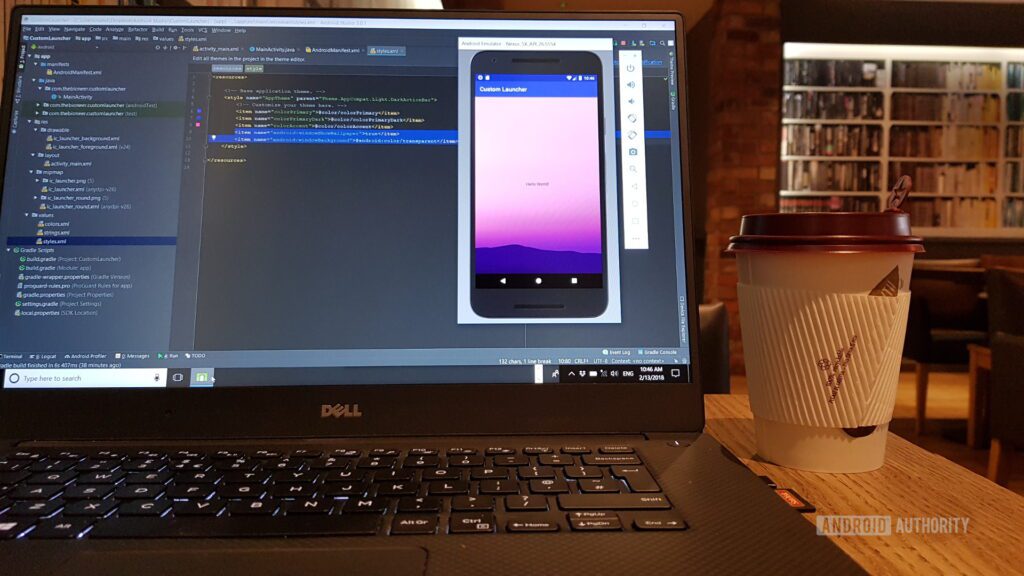
Fortunately, numerous engines and development platforms exist to streamline the process, even for beginners. These tools often provide pre-built assets and templates that can be customized to create a unique game. Additionally, some tools boast features that simplify development tasks like debugging and testing.
However, developing an intricate mobile game, especially one featuring complex mechanics or requiring high-fidelity graphics and sound, can still be a challenging undertaking. You’ll also need to consider how your game will adapt to different device types and ensure a seamless and enjoyable experience for players.
A step-by-step guide on how to develop Android games
Here’s a breakdown of the essential steps involved in bringing your Android game to life:
Concept and ideation
It all starts with a spark! Brainstorm your game concept, define its core mechanics, and identify your target audience. What makes your game unique? What kind of experience do you want to offer players?
Planning and design
Here’s where you flesh out your concept. Develop a game design document (GDD) that outlines the gameplay, story (if applicable), characters, levels, and monetization strategy (if any).
Development
This stage involves building your game using your chosen development tools and programming languages. Popular options include Unity, Unreal Engine, Godot, and Construct 3.
Testing and optimization
Rigorously test your game on various devices to identify and fix bugs. Tools like Android GPU Inspector (AGI) and Android Performance Tuner (APT) can assist with optimization.
Publishing
Once your game is polished and ready for the world, it’s time to publish it on the Google Play Store. Google Play Console allows you to configure your game’s listing, manage user reviews, and integrate Google Play Games services if desired.

How to develop Android games: choosing the right engine
The engine you select is instrumental in the development process. Here’s a glimpse into some popular options:
- Unity: A versatile and beginner-friendly engine perfect for 2D and 3D games.
- Unreal Engine: Renowned for its exceptional graphics capabilities, ideal for creating visually stunning games.
- Godot: A powerful and open-source engine offering a comprehensive feature set.
- Construct 3: A fantastic option for beginners, particularly suited for creating 2D games with a drag-and-drop interface.
The future of Android game development
The mobile gaming landscape is constantly evolving, presenting exciting possibilities for developers. Here are some trends to keep an eye on:
Cloud gaming
Cloud-based gaming services are gaining traction, allowing players to access high-end games without needing powerful devices.
AR and VR integration
Augmented reality (AR) and virtual reality (VR) technologies are poised to revolutionize mobile gaming, offering immersive and interactive experiences.
Esports on mobile
Competitive mobile gaming, or esports, is rapidly growing, opening doors for developers to create games specifically designed for competitive play.
Focus on user experience
Prioritizing user experience will remain paramount – developers will strive to create engaging gameplay, foster strong communities, and implement features like cloud saves and cross-platform play to enhance player satisfaction.
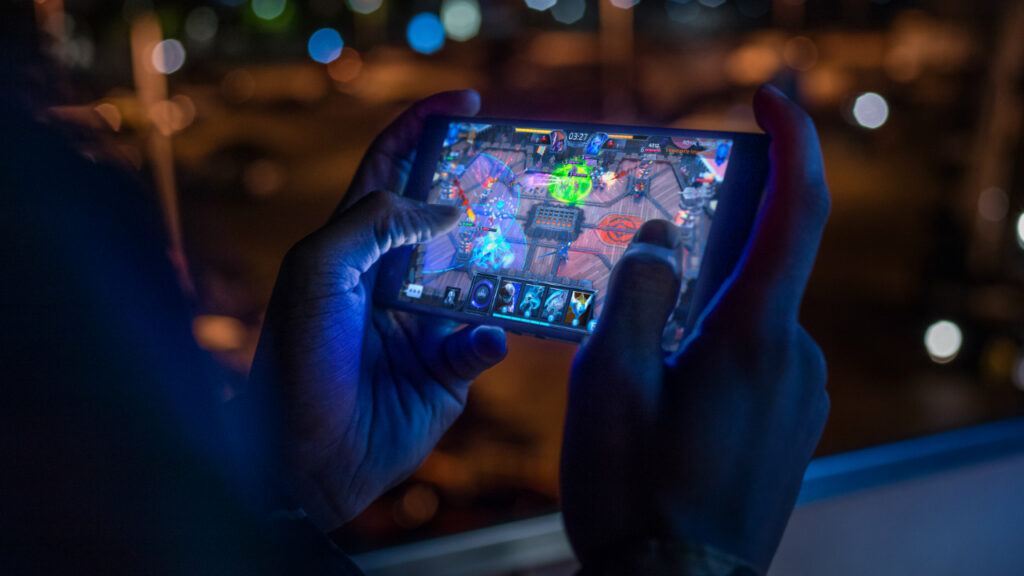
In the end, by understanding these trends and leveraging the power of available tools and resources, you can transform your vision into a captivating Android game. Remember: the journey from concept to download requires dedication, but the potential rewards are immense. So unleash your creativity, embrace the challenges, and embark on your exciting adventure in the world of Android game development!
Main Leaf Games is here to help you out!
If you want to develop Android games starting today, make sure to get in contact with us at Main Leaf. With over a decade of experience in crafting exceptional games, we are your most affordable and capable partner to bring your dream game to life.
From concept development and art design to programming and implementation, we handle it all using the latest technologies to ensure your game stands out. Contact us today for a free consultation – we’ll answer you within 24 hours – and let’s start building your masterpiece together!

